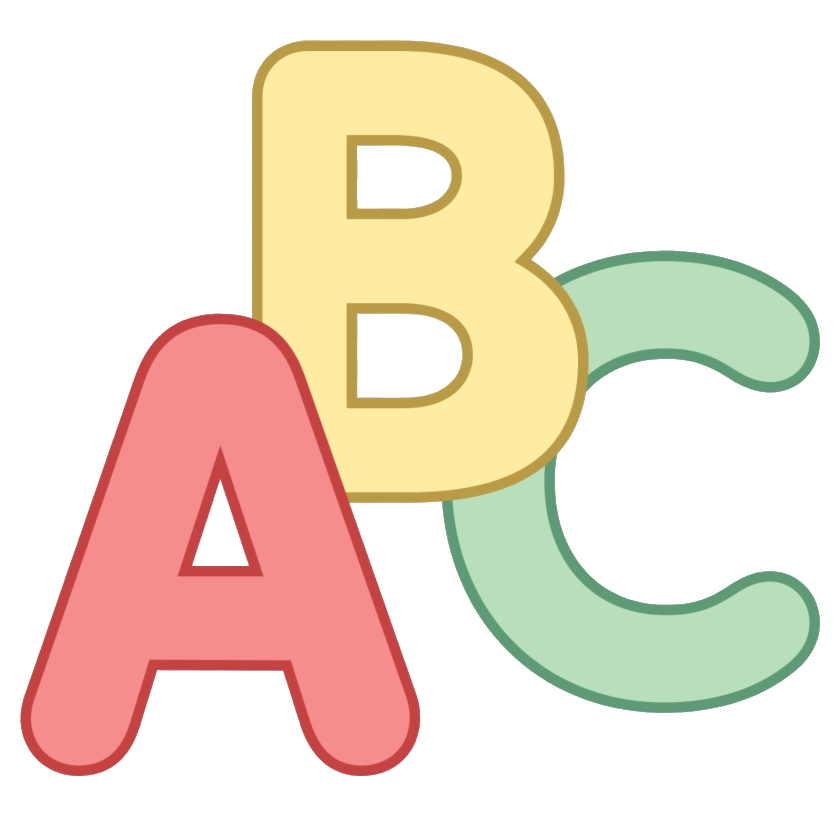
Synonyms and similar words in English language
|

Links: |
Language is a remarkable tool that allows us to convey our thoughts, emotions, and ideas effectively. Synonyms, words or phrases with similar meanings, are essential components of language that enable us to add variety, depth, and precision to our communication. In this article, we will embark on a linguistic journey to explore the importance of synonyms and provide numerous examples to enhance your vocabulary.
Start and commence are synonymous verbs that indicate the initiation of an action or process. However, commence is often employed in more formal or written contexts, while start is commonly used in everyday speech. For example:
Happy and joyful both express a positive emotional state, but they convey different nuances. Happy is a broad term for general contentment, whereas joyful implies intense and exuberant happiness. For example:
Beautiful and stunning are adjectives used to describe something visually pleasing, but stunning suggests an exceptionally striking and awe-inspiring beauty. For example:
Speak and converse both refer to communication, but converse typically implies a more extended and meaningful conversation between individuals. For example:
Angry and furious both convey a state of intense displeasure, but furious suggests a higher degree of anger and agitation. For example:
Large and gigantic both describe size, but gigantic emphasizes a much larger scale. For example:
Smart and clever both denote intelligence, but clever often suggests quick thinking, resourcefulness, and ingenuity. For example:
Eat and devour both pertain to consuming food, but devour implies eating voraciously or with great enthusiasm. For example:
Brave and valiant both describe courage and fearlessness, but valiant conveys a higher level of valor and heroism. For example:
Love and cherish both express deep affection, but cherish suggests a stronger and more profound emotional connection. For example:
In conclusion, synonyms are the colorful threads that enrich the tapestry of language, allowing us to paint vivid pictures with our words. By embracing synonyms, we can enhance our communication skills, captivate our audience, and express ourselves with greater precision and depth. So, embark on your linguistic journey, explore the world of synonyms, and unlock the true power of language.
|